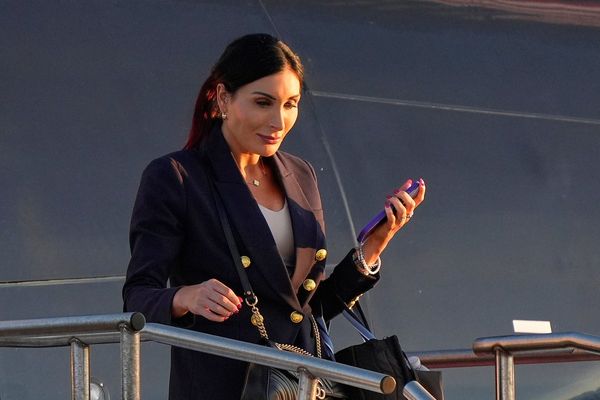
A consultant who treated a woman with severe ME has told her inquest it was “very unfortunate” that hospital staff were not familiar with the condition and said there was not enough evidence to conclude the illness is a physical one.
Maeve Boothby O’Neill, who died with ME/CFS (myalgic encephalomyelitis or chronic fatigue syndrome), became so ill that she was confined to bed and found it almost impossible to wash, eat or drink.
Dr Roderick Warren, a consultant at the Royal Devon and Exeter hospital, said neither he nor his colleagues had come upon an ME case as complex as Boothby O’Neill’s. He told the inquest: “I’ve never been involved with someone as poorly as Maeve with this condition before. It’s a unique case for me and I think it’s probably unique for everyone who has been touched by it.
“Is it unfortunate that somebody as poorly as Maeve can be in hospital where there aren’t people who are familiar with the condition? Yes, it’s unfortunate. It’s very unfortunate.”
The inquest in Exeter has heard that Boothby O’Neill’s GP, Lucy Shenton, wrote a letter to the coroner’s office in which she said: “Several doctors involved in her care stated they do not believe ME is a medical problem.”
During his questioning of Warren, Boothby O’Neill’s father, Sean O’Neill, told the inquest he thought the “belief question” was a central one. He said: “The reason I keep coming back to this belief question is because I think it pervades not just the treatment of Maeve but of many patients.”
When asked by O’Neill if he believed ME was a physical illness, Warren replied: “I do not know what the cause of ME is. Therefore I’m not able to say if it is or is not a physical condition. That isn’t at all the same as saying I believe it isn’t.”
He said he had read widely about ME and added: “I find the literature generally to be unclear. For me the focus needs to be on what management does a patient need who is suffering with that diagnosis.”
Warren described how Boothby O’Neill was fitted with a nasogastric tube while in hospital to feed her, but it was removed because it exacerbated her symptoms and she was discharged. She died two months later, in October 2021.
Boothby O’Neill’s mother, Sarah Boothby, asked Warren, a consultant in diabetes and endocrinology, why there had been no contingency plan in the event that the tube feeding did not work.
He said: “I don’t think it would have been possible to make a clear stepwise plan. Each of the decisions to progress from one mode of feeding to another is a complex decision which would depend on Maeve’s condition and wishes at the time … I don’t think one can make a contingency plan in advance.”
The inquest is being seen as a landmark case by people who work with ME sufferers. It heard that at one point Boothby O’Neill wrote to her GP telling her she was hungry and could not get enough to eat.
An expert in ME who was also involved in Boothby O’Neill’s treatment at the Exeter hospital, Dr David Strain, told the inquest that there was still no hospital ward in England capable of managing patients with the illness, and said it was a “travesty” that some medical professionals did not believe it was a real physical condition.
The inquest continues.







